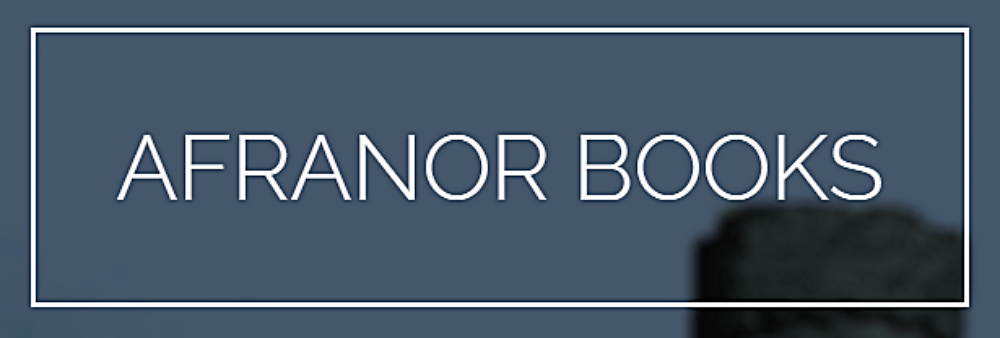I have to ask the question. What is the deal with YA books?
In the literary market, the Young Adult segment is huge. This appears to go back to the phenomenon of J.K. Rowling’s Harry Potter series. She is an author who seemingly kicked off a whole renaissance in young people becoming avid readers, and cheers to her for that. The YA label, however, apparently dates from the 1960s. Books like J.D. Salinger’s The Catcher in the Rye and the novels of S.E. Hinton struck a chord with and found an audience among teenagers, but the YA category really took off with Rowling, followed by many other authors writing stand-alone books and books in series aimed at the teen audience.
My interest is, of course, a self-centered one. Am I a YA author? The question is not purely academic. Whenever I register one of my works for publishing or for copyright or with a bookseller, I am required to designate one or more fiction categories, e.g. romance, adventure, historical. The choice of YA is always there, which is a bit confusing since, properly speaking, YA is not a genre like the other choices. A book is not either YA or romance. It can be both at the same time. YA refers to the target market rather than the its literary pigeonhole. In the case of The Three Towers of Afranor, I did designate it as YA because I had teen readers in mind while writing it. In the case of Maximilian and Carlotta Are Dead, I did not designate it as YA because, even though the protagonists are teenagers, I did not have a teen audience specifically in mind while writing it. In fact, there were things in it that I did not particularly want my own teenager reading until she was at least a bit older.
Even with The Three Towers I had some hesitation in putting the YA label on it. In my mind literature is literature and the readership is self-selecting. How would Mark Twain have answered if asked whether The Adventures of Huckleberry Finn was intended for a YA audience? I suspect he would have laughed and perhaps not even understood the point of the question.
What is YA actually meant to be? My understanding is that there is literature, and you are either old enough to appreciate a given book or you are not. Then there is children’s literature, which consists of books written specifically to be accessible to younger minds. Children’s books are micro-targeted since there are very distinct differences in reading and comprehension abilities from one year of a child’s life to another. Teen or Young Adult literature appears meant to bridge the gap between books aimed squarely at children and “real” literature. The funny thing, though, is that we all probably know people well into their 20s and even 30s who admit to reading and enjoying YA fiction. So what is the practical difference between YA literature and “adult” literature?
I think my own hesitation to use the YA label is that it represents some sort of ghetto, albeit a potentially very lucrative ghetto. The “young” in Young Adult gives the impression that these books have some sort of virtual training wheels, that some of life’s rougher edges have been smoothed down in deference to still-maturing minds. If you actually peruse some popular YA titles, though, you quickly learn that there isn’t as much smoothing going on as you might have thought. Gender confusion, sexual experiences, rape and other violence, drugs, and the whole panoply of current social issues all get treated. After all, life does not shelter teens from these realities, so why should their literature?
So again, why call it “YA literature” instead of just “literature.” Is it because one assumes that people are interested in reading only about characters who are roughly the same age as they are? That seems strange to me. While I am delighted at the thought that teen readers might enjoy and relate to the characters in Maximilian and Carlotta, my expectation is that the book may actually be of more interest to people my own age, i.e. people who were Dallas and Lonnie’s age at the time the book is set. Hopefully, though, that would not be the extent of its appeal. Otherwise all novels would have an expiration date at the point in time where there are no longer readers contemporary with the characters.
I suppose what it comes down to is my nagging suspicion that the YA designation is really just calling certain works “literature lite,” that YA is somehow inferior to or less serious than “real” literature. Is YA perhaps a variation on what has traditionally been called “popular fiction”: works that people consume and enjoy but which will never be taught in any English class?
At the end of the day, the best way to understand YA is a as marketing device—and I do not mean that negatively. Publishing is, after all, a business. A lot of people are making a lot of money by serving the YA market—and more power to them. Personally, I would prefer to concentrate strictly on the writing and not worry about the labels and categories. And that is essentially what I am doing. Still, once I (finally) finish the next book, I will be required once again to choose labels to apply to it and these questions will again plague my mind.
Books available for purchase at Afranor Books on Bookshop.org and from Amazon and other major online booksellers
(If you are viewing this on a phone, you can see many more links to sellers by switching to this site's desktop version)
My Books
“I actually could not put the book down. It is well written and kept my interest. I want more from this author.”
Reader review of Maximilian and Carlotta Are Dead on Amazon.com

All books available in paperback from Afranor Books on Bookshop.org.

No comments:
Post a Comment